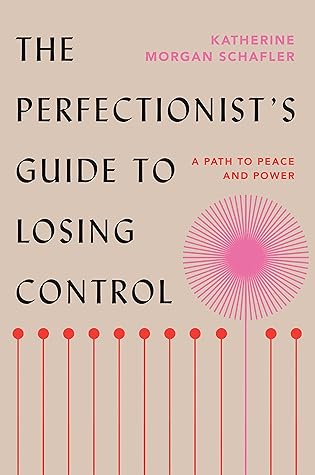In line with preceding studies, adaptive perfectionists are the least self-critical[9] and the most interested in working with others.[10] Because adaptive perfectionists demonstrate the lowest levels of both anxiety and depression among the three groups,[11] additional research was conducted to explore whether or not adaptive perfectionism can serve as a protective factor against anxiety and depression. Can adaptive perfectionism increase emotional safety and promote well-being? It turns out it can.[12]
Welcome back. Just a moment while we sign you in to your Goodreads account.


